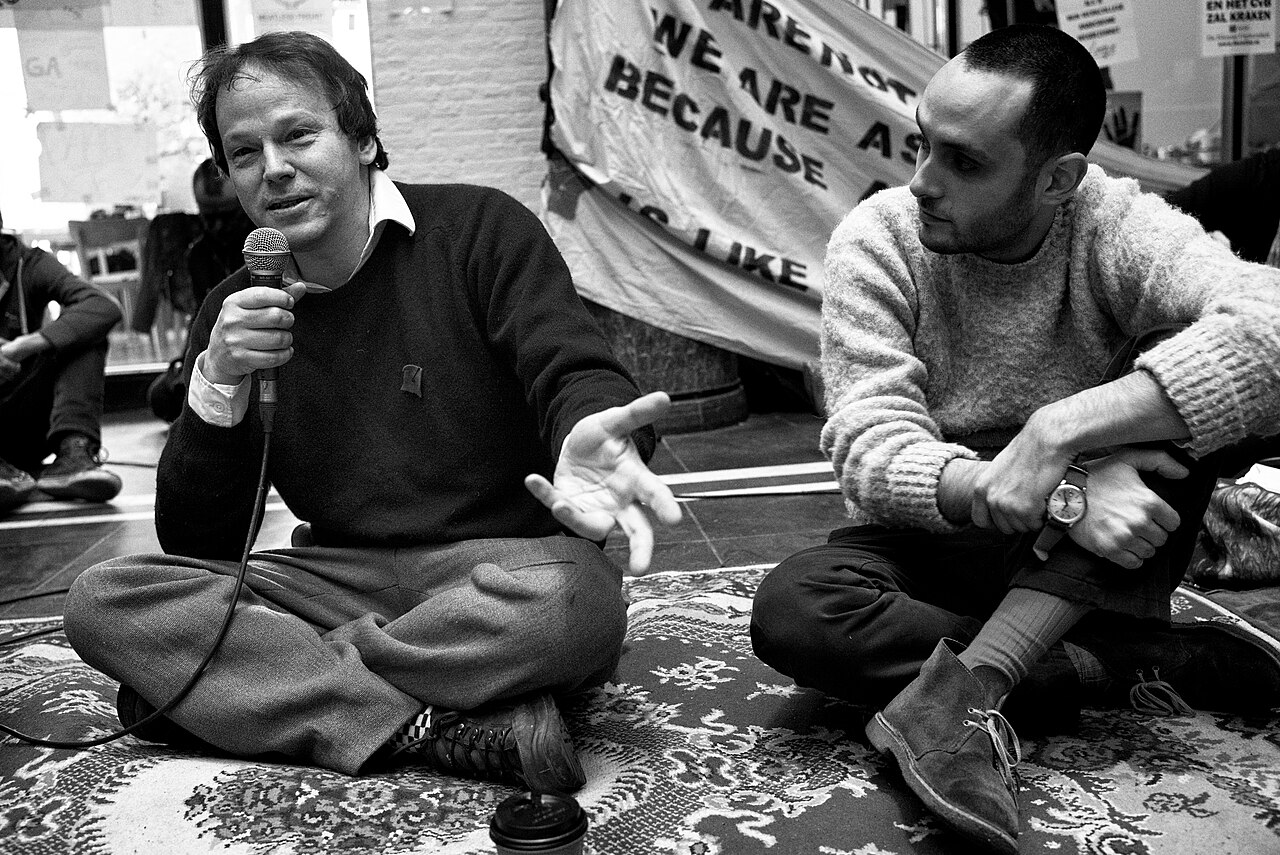Journal of Cogency:
for the philosophical study of power
-

Sex, Power, and Conservative Dating
What makes patriarchy into a conspiracy, despite the fact that there isn’t a grand organization or a newsletter or anything like that, is that it is understood that it must be held up by collusion. Husbands and patriarchs must all agree to enforce certain standards of behavior in their wives and children, standards which leave…
-

Erase the Democrats
Why is it that we have to talk about the Democrats? Why do people say “Schumer and Jeffries need to do this”, even though we know that Schumer and Jeffries are two of the most traitorous legislators in the history of the Democratic Party?
-

The Means of Revolution
In light of the recent United States attack on Venezuela, and the seizure of Venezuelan president Nicolas Maduro, I have had to reflect again on the nature of my work, such as it is. What I’m actually trying to accomplish. Why am I writing instead of dying. It’s something that all “knowledge workers” and “culture…
-

Fact and Propaganda
As I work up to a commentary on Jacques Ellul’s Propaganda, I realized that I would need to have a good understanding of what a fact is. One of the key points that Ellul makes is that propaganda is not simply composed of lies, it is primarily (especially in modern times) founded upon accurate details…
-

The Propaganda Machine
The following is an excerpt from a draft commentary I’m working on, going through Ellul’s Propaganda chapter by chapter, section by section. Have I talked about bouncing off Ellul’s work before? Yes, I have. Why am I returning to it now? I wanted to refine my thoughts on persuasion and propaganda, so I thought the…
-

Circles of Belief
A brief essay about the social structure of belief, using examples of religion, science, and professional wrestling.
-

Economized Spaces
I’ve spoken briefly about working on a theory of economized and non-economized spaces before. This is where I’m going to explain what I mean by all that. This article is going to be fairly abstract, largely because I have not found the kind of evidence that I really want yet. What I was hoping to…
Which side are you on?
Ten thousand years or more in jet black meditation. Now I stand here, hands are sore, but that’s my motivation.
— High on Fire, “10,000 Years”

